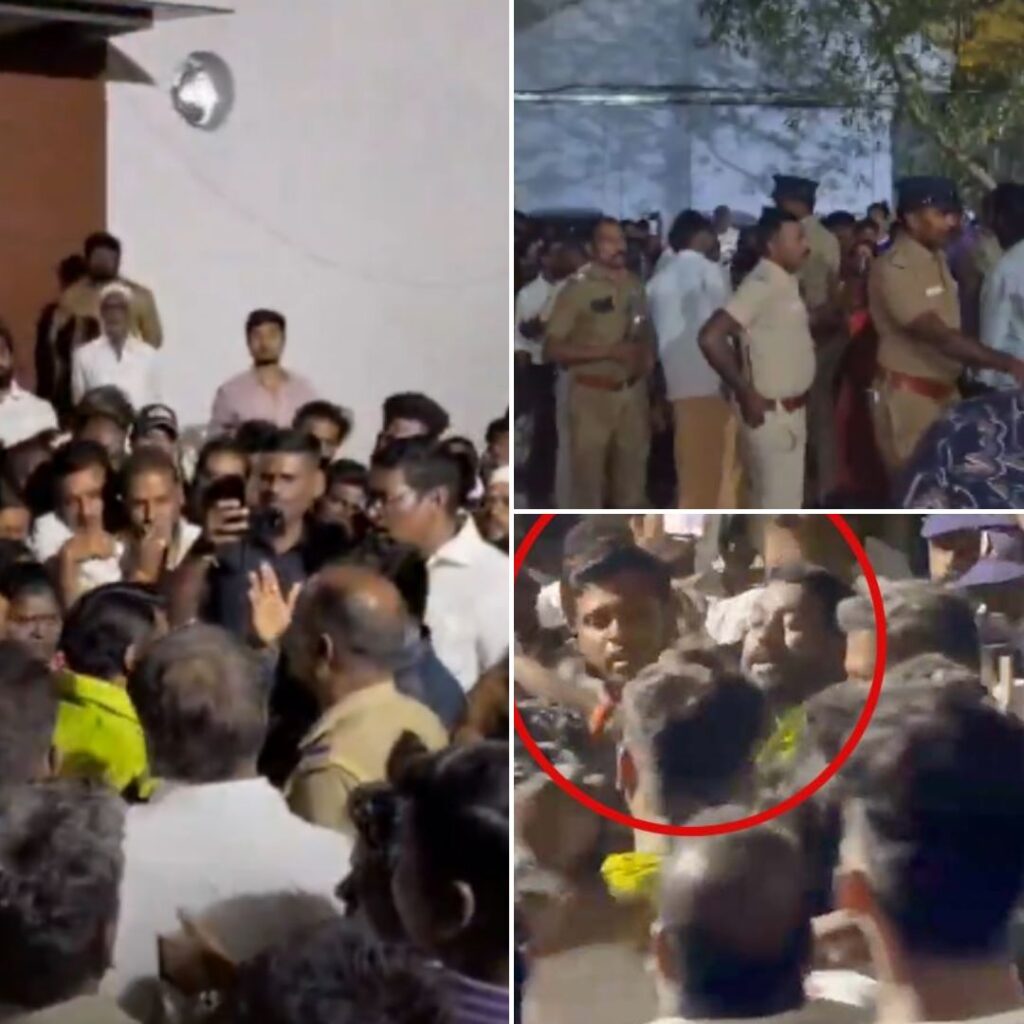India has requested the United Nations to ”seriously and objectively” address its concerns over the controversial national security law passed in Hong Kong, which is home to a large community of Indians.
China passed a sweeping national security law for Hong Kong Special Administrative Region (SAR), one that will strip the global financial hub of its freedom and autonomy.
The new law criminalises secession, subversion, terrorism and collusion with foreign powers and people convicted of such crimes can face sentences of up to life imprisonment. Critics say that the law effectively curtails protest and freedom of speech.
‘Given the large Indian community that makes the Hong Kong Special Administrative Region of China its home, India has been keeping a close watch on recent developments. We have heard several statements expressing concerns about these developments,’ Rajiv K Chander, India’s ambassador and permanent representative to the UN said.
#WATCH Given the large Indian community that makes #HongKong its home, India has been keeping a close watch on recent developments… : Rajiv K Chander,India’s ambassador&permanent representative to the UN in Geneva pic.twitter.com/qeu5huexRm
— ANI (@ANI) July 1, 2020
‘We hope the relevant parties will take into account these views and address them properly, seriously and objectively,’ he added.
The United States, Britain, the EU and UN rights agencies have all raised concerns over the law could be used to stifle criticism of Beijing, which includes similar laws to crush dissent.
The controversial Hong Kong law was unanimously approved by China’s parliament on Tuesday, June 30.
‘With sweeping powers and ill-defined law, the city will turn into a #secretpolicestate,’ Joshua Wong, a democracy campaigner tweeted.
Beijing and Hong Kong’s government, however, claims that the laws will only target some people, will not harm political freedoms and will revive business confidence.
India’s concern about the law comes amid rising tensions with China along the Line of Actual Control and the loss of 20 Indian soldiers in eastern Ladakh last month.
Recently, the Indian government banned 59 Chinese-origin mobile phone apps, including TikTok, in a move to boycott Chinese apps, reduce foreign dependence and cost Chinese app developers millions of dollars.
On July 1, India decided to not permit Chinese companies to participate in highway projects, including those through joint ventures. Union Minister Nitin Gadkari said: ‘The government will ensure that Chinese investors are not entertained in various sectors like Micro, Small and Medium Enterprises (MSMEs).’
Also Read: Railways Starts Process To Let Private Entities Operate Passenger Trains











